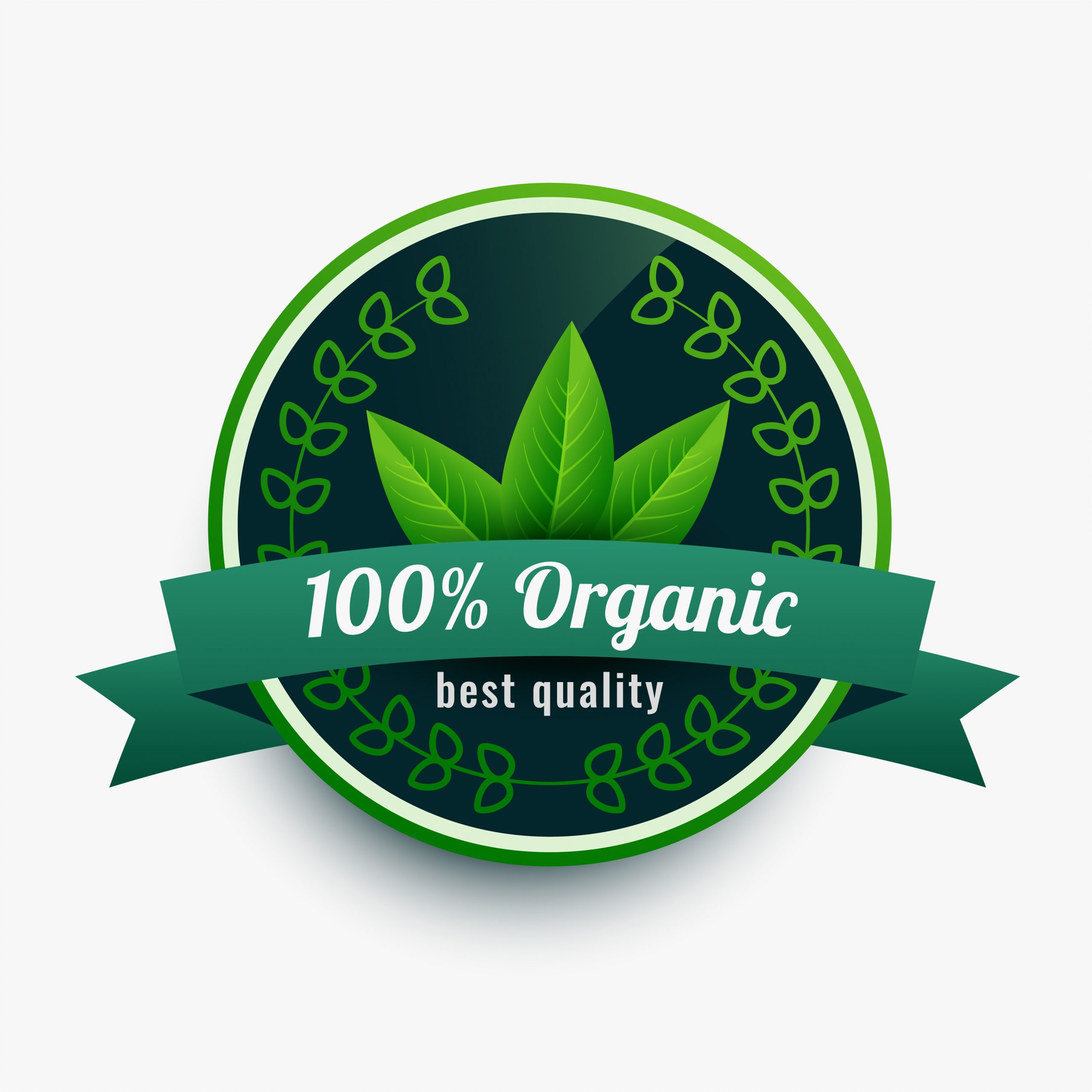Understanding Organic Certification: What Does ‘Organic’ Really Mean?
The certification process for organic farms is a rigorous and regulated procedure designed to ensure that agricultural products labeled as “organic” meet specific standards. Organic farming practices prioritize sustainability, environmental conservation, and the avoidance of synthetic chemicals and genetically modified organisms (GMOs). These standards vary somewhat from one country to another, but I’ll provide a general overview of the process and key standards commonly followed in many regions, including the United States and the European Union.
Certification Process for Organic Farms:
- Eligibility: Farmers who want to become certified organic must first meet certain eligibility criteria. These criteria typically include the following:
-
- A transition period: Conventional farms must undergo a transition period (usually two to three years) during which they adopt organic farming practices but can’t yet label their products as organic.
- Land history: The land on which organic crops are grown or animals are raised must not have been exposed to prohibited synthetic chemicals or GMOs for a specified number of years.
- Application: Farmers submit an application to an accredited organic certifying agency or authority. These agencies are typically recognized by government bodies and are responsible for evaluating and certifying farms.
- Inspection: An organic inspector from the certifying agency visits the farm to assess compliance with organic standards. This inspection includes reviewing records, interviewing the farmer, and inspecting the farm’s infrastructure and practices.
- Compliance: The farm must demonstrate compliance with organic standards, which encompass various aspects of agricultural production, including soil health, crop rotation, pest management, animal welfare, and more. Key organic principles and standards include:
- Avoidance of Synthetic Chemicals: Organic farms must avoid the use of synthetic pesticides, herbicides, and fertilizers. Instead, they rely on natural and organic alternatives.b. Non-GMO: Organic farms cannot use genetically modified organisms (GMOs) in their crops or livestock.c. Soil Health: Organic farming emphasizes building and maintaining healthy soil through practices like composting, cover cropping, and reduced tillage.
d. Crop Rotation: Crop rotation is employed to prevent soil depletion and the buildup of pests and diseases.
e. Animal Welfare: Organic livestock must be provided with access to the outdoors, space to move, and diets that are predominantly organic.
- Documentation: Detailed records must be maintained to track the origin and use of all inputs (e.g., seeds, feed, pest control products) and the overall management of the farm.
- Certification: If the farm successfully meets all the organic standards, the certifying agency issues an organic certification, allowing the farm to use the “organic” label on its products.
- Ongoing Monitoring: Organic farms are subject to periodic inspections and audits to ensure continued compliance with organic standards.
- Labeling and Marketing: Once certified, farms can label their products as “organic” and sell them at a premium price in organic markets.
It’s important to note that organic certification standards can vary by country or region, and some countries may have stricter or additional standards beyond the basic principles mentioned here. Additionally, there are different certification bodies and agencies responsible for overseeing organic certification in different regions.
Overall, the organic certification process is designed to provide consumers with confidence that products labeled as “organic” have been produced using environmentally friendly and sustainable farming practices, without synthetic chemicals or GMOs.


Any comments?